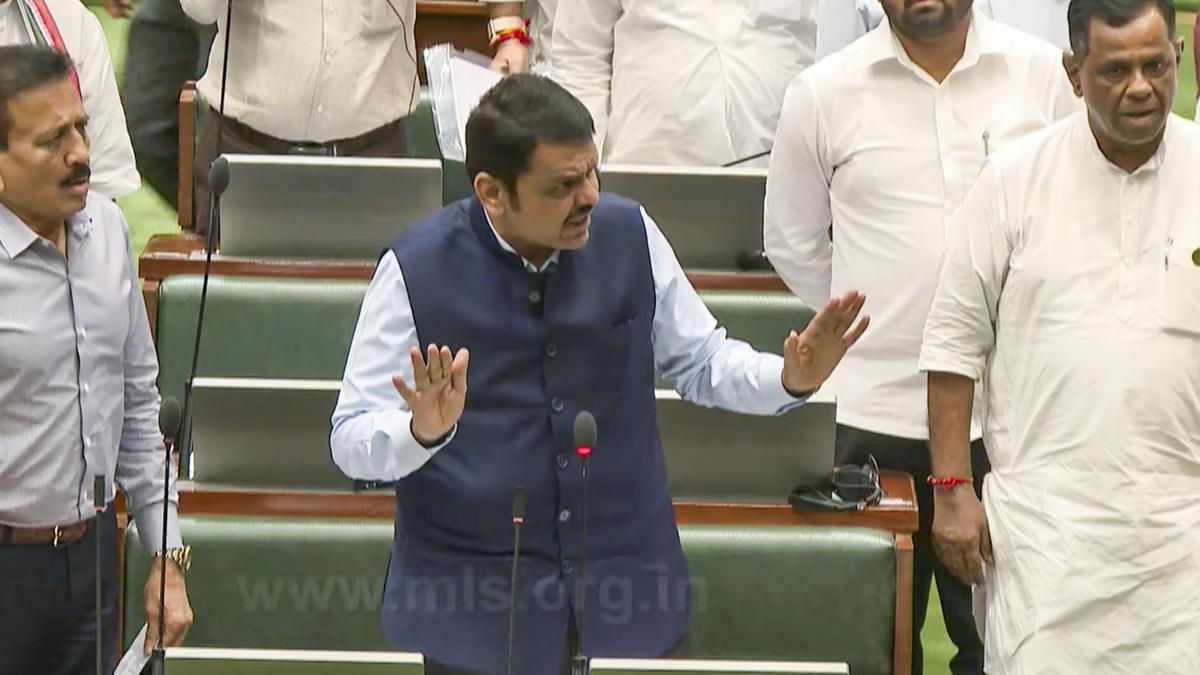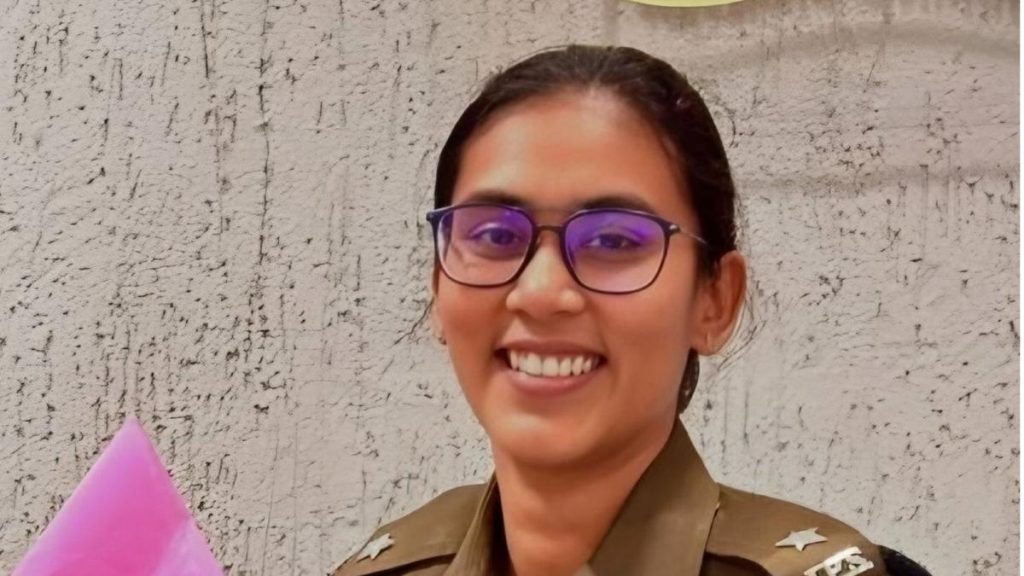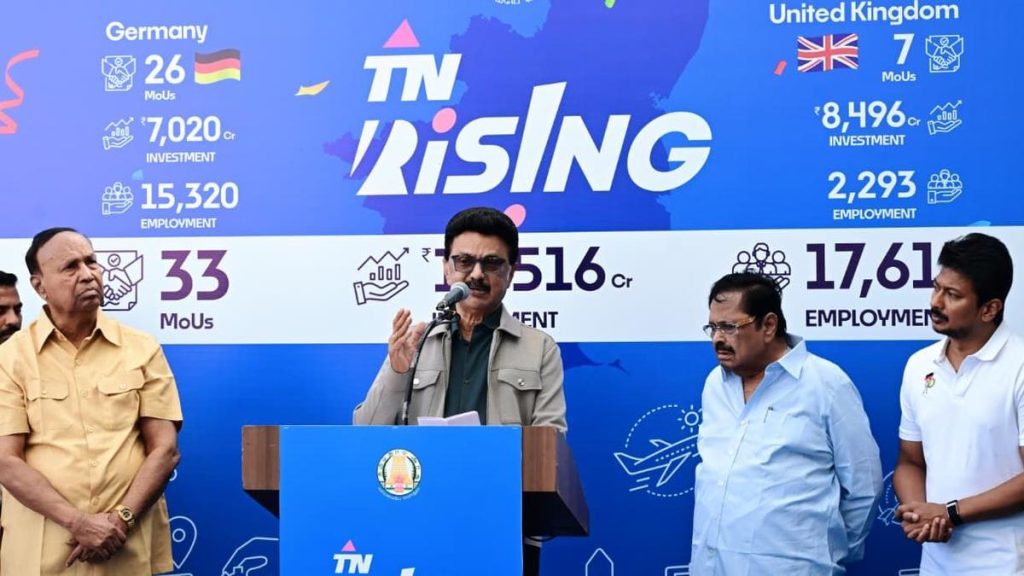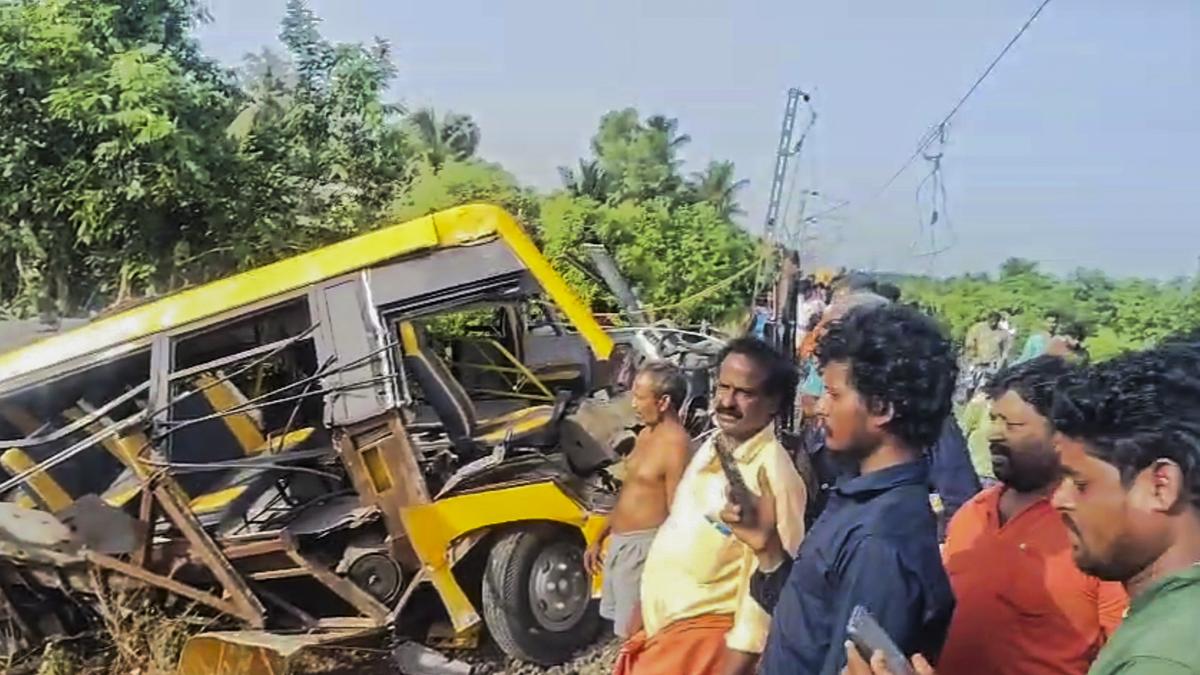Now Reading: Maharashtra Approves Public Security Bill, CM Assures No Misuse
-
01
Maharashtra Approves Public Security Bill, CM Assures No Misuse
Maharashtra Approves Public Security Bill, CM Assures No Misuse

Quick Summary
- Event: The Maharashtra Assembly passed the “Maharashtra Special Public Security Bill, 2024.”
- Objective: The Bill aims to prevent “unlawful activities of Left Wing Extremist organisations or similar groups.”
- Next Step: It will now be tabled in the Legislative Council for further approval.
- Key provisions:
– Includes punishments ranging from two to seven years in prison for members of banned organisations.
– Offenses under the Act are cognisable and non-bailable.
– Grants power to seize and forfeit funds belonging to such groups.
- Context:
– If passed in both Houses, Maharashtra will join Chhattisgarh, telangana, Andhra Pradesh, and Odisha in enacting a public security law.
– Revenue Minister Chandrashekar Bawankule presented the joint select committee report on this Bill prior to its passage.
- CM’s Statement: chief Minister Devendra Fadnavis assured no misuse of the law and urged unanimous approval while emphasizing that individuals can only be prosecuted if part of banned organizations.
- Concerns Raised by Opposition Parties:
– CPI legislator vinod Nikole worried about potential misuse against lawful protests.
– NCP (SP) leader Rohit Pawar criticized ambiguities in definitions that might target those with broad left ideologies.
– Shiv Sena (UBT)’s Varun Sardesai questioned whether protests by student or farmers’ organizations could be penalized.
Indian Opinion Analysis
The Maharashtra Special Public Security Bill underscores growing concerns over left-wing extremist movements but has sparked heated debate over its scope and potential implications for civil liberties. While preventing unlawful activity is paramount for public safety, legislative clarity is crucial; several leaders questioned ambiguity around key definitions like “left-wing extremist organisations,” fearing it could disproportionately impact individuals advocating lawful dissent.
Given this concern, safeguards against misuse must accompany enforcement mechanisms-especially considering past instances where laws dealing with extremism were reportedly misapplied elsewhere. As India continually grapples with balancing national security imperatives against democratic freedoms, transparent implementation paired with judicial oversight would likely serve as pivotal determinants of this legislation’s success or controversy.
For full details on stakeholder perspectives raised during Assembly deliberations on this issue click here.
























